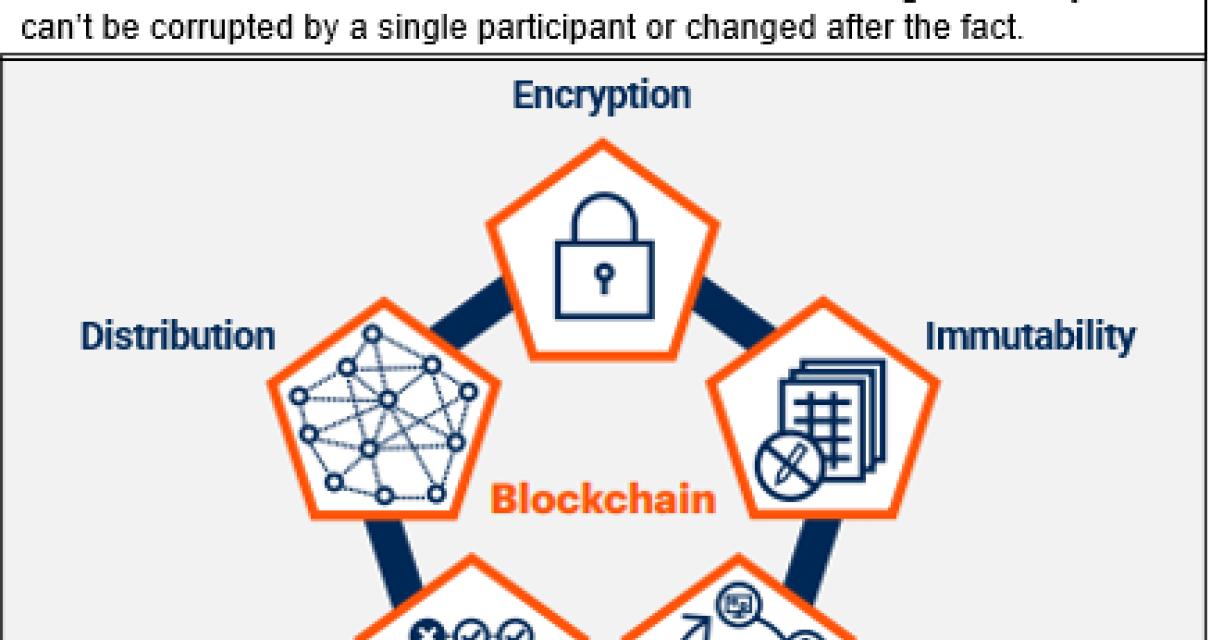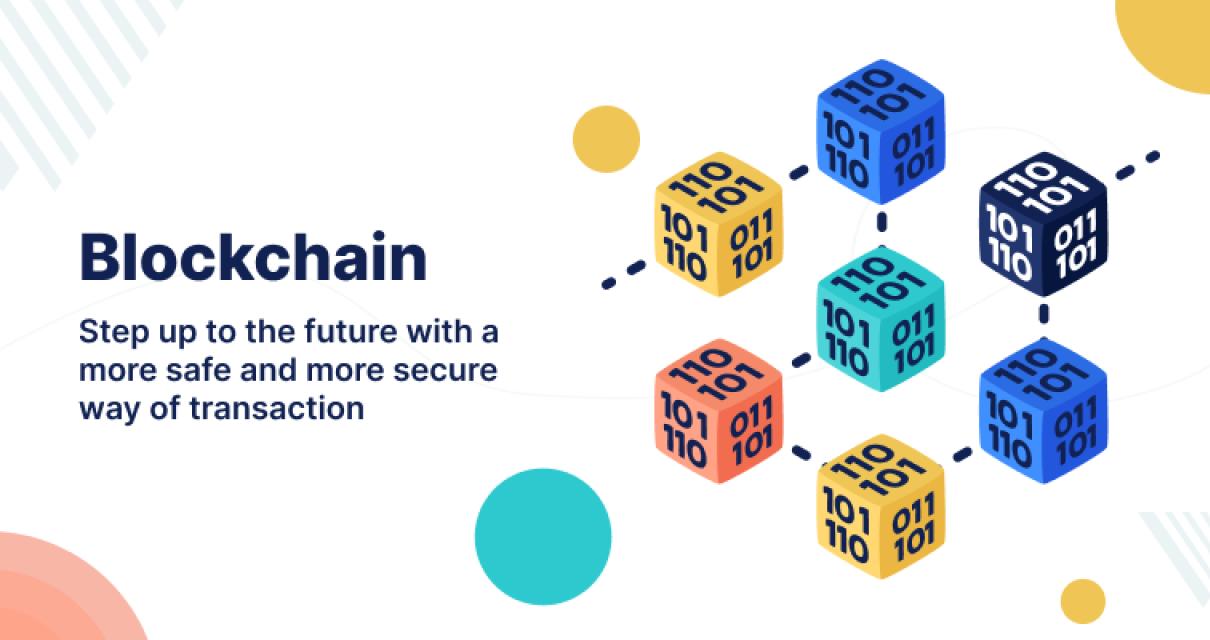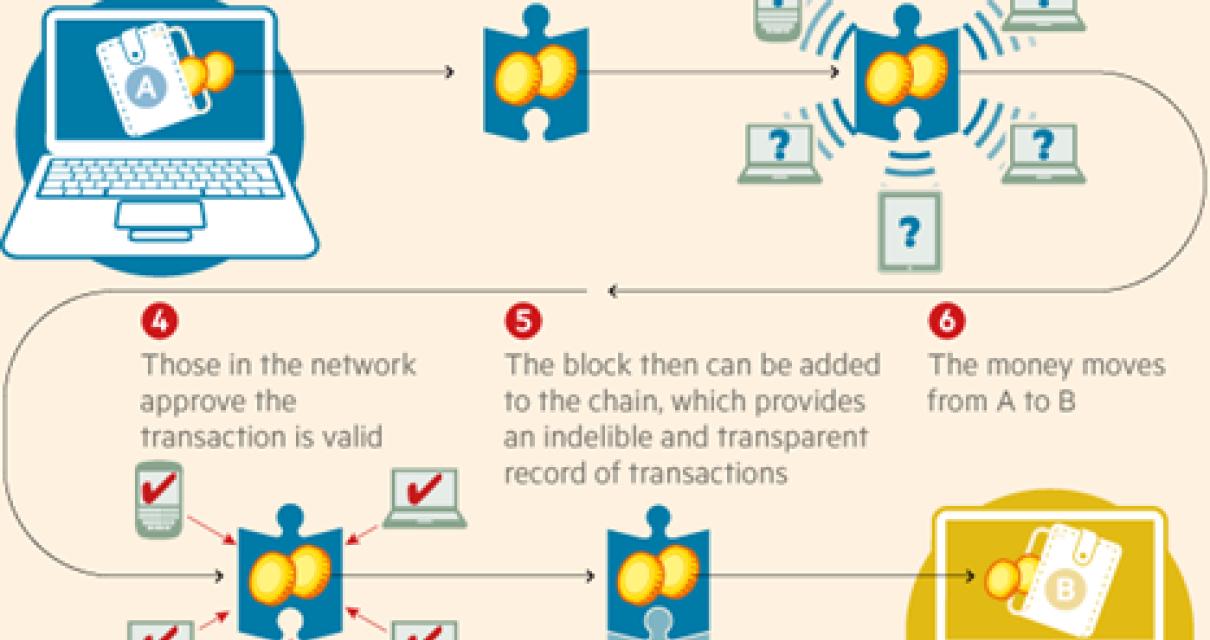What is Blockchain?
A blockchain is a distributed ledger of all cryptocurrency transactions. It is constantly growing as "completed" blocks are added to it with a new set of recordings. Each block contains a cryptographic hash of the previous block, a timestamp, and transaction data. Bitcoin nodes use the block chain to distinguish legitimate Bitcoin transactions from attempts to re-spend coins that have already been spent elsewhere.
How does Blockchain work?
A blockchain is a digital ledger of all cryptocurrency transactions. It is constantly growing as “completed” blocks are added to it with a new set of recordings. Each block contains a cryptographic hash of the previous block, a timestamp, and transaction data. Bitcoin nodes use the block chain to differentiate legitimate Bitcoin transactions from attempts to re-spend coins that have already been spent elsewhere.
What are the benefits of Blockchain?
There are many benefits of Blockchain, which include:
1. Transparency and security: Blockchain is a distributed ledger that is transparent and secure. Transactions are recorded in a chronological order and can be verified by anyone. This makes it an ideal platform for transactions that require high levels of security.
2. Reduced costs: Blockchain technology can reduce costs associated with transactions, such as processing time and fees.
3. Increased efficiency: Blockchain technology can help to increase the efficiency of transactions by eliminating the need for third-party verification.
4. Reduced fraud: Because Blockchain is a digital ledger, it can reduce the incidence of fraud. This is because it is difficult to falsify records on a blockchain.
5. Increased trust: Because transactions on a blockchain are transparent, people can trust them more than traditional transactions. This makes it an ideal platform for business transactions.
What are the drawbacks of Blockchain?
There are a few potential drawbacks to using blockchain technology. One potential issue is that blockchain is an open-source system, which means that anyone can access the information stored on it. This could lead to security risks if the wrong people access the data. Additionally, blockchain technology is not always easy to use. It can be difficult to create a blockchain system and to keep it running properly.

What is Bitcoin and how is it related to Blockchain?
Bitcoin is a digital asset and a payment system invented by Satoshi Nakamoto. Bitcoin is unique in that there are a finite number of them: 21 million. Each Bitcoin is divisible to eight decimal places and can be used to purchase goods and services. Bitcoin is decentralized, meaning it is not subject to government or financial institution control. The blockchain is a public ledger of all Bitcoin transactions. It is constantly growing as “completed” blocks are added to it with a new set of recordings. Bitcoin nodes use the blockchain to differentiate legitimate Bitcoin transactions from attempts to re-spend coins that have already been spent elsewhere.

What is Ethereum and how is it related to Blockchain?
Ethereum is a decentralized platform that runs smart contracts: applications that run exactly as programmed without any possibility of fraud or third party interference. Ethereum enables developers to build and deploy decentralized applications that run on blockchain, an open, distributed ledger. Ethereum also provides a Turing-complete virtual machine, called the Ethereum Virtual Machine (EVM), which can execute scripts using an international network of public nodes.
What are smart contracts and how do they work?
A smart contract is a contract that is executed by computer code. The code is stored on a blockchain, which is a distributed database that maintains a continuously growing list of ordered records called “blocks.” Each block contains a cryptographic hash of the previous block, a timestamp, and transaction data. Bitcoin and other cryptocurrencies are based on a blockchain.
When a party to a smart contract executes it, the computer code takes specific actions based on the terms of the contract. The code is self-executing, meaning that it takes care of completing the contract on its own. If one party to a contract fails to meet their obligations, the code can automatically activate measures to punish or prevent them from breaking the agreement.
What is a distributed ledger and how does it work?
A distributed ledger is an electronic database that is shared by multiple parties. Transactions that take place on a distributed ledger are verified by network nodes and recorded in a chronological order. This allows the network to track the history of all transactions. Because a distributed ledger is shared, it is difficult for one party to manipulate the data.

What are blockchain applications?
A blockchain application is a piece of software that uses the blockchain technology to facilitate transactions. It allows people to conduct transactions without the need for a third party. The transactions are recorded on a public ledger and are verified by network participants. This makes it easier to conduct transactions and eliminates the need for a middleman.
Some common applications of blockchain technology are cryptocurrencies like Bitcoin, smart contracts, and decentralized applications.
How can blockchain be used to create trust?
Blockchain can be used to create trust by ensuring that information is secure and tamper-proof. Additionally, blockchain can be used to create a digital record of transactions that is difficult to tamper with.
How will blockchain impact the future?
Many experts believe that blockchain technology will have a significant impact on the future. They believe that it will play a key role in redefining how many transactions are conducted, how assets are managed, and how identities are verified. Additionally, blockchain technology could help to reduce the cost of many transactions and help to increase the security of data.